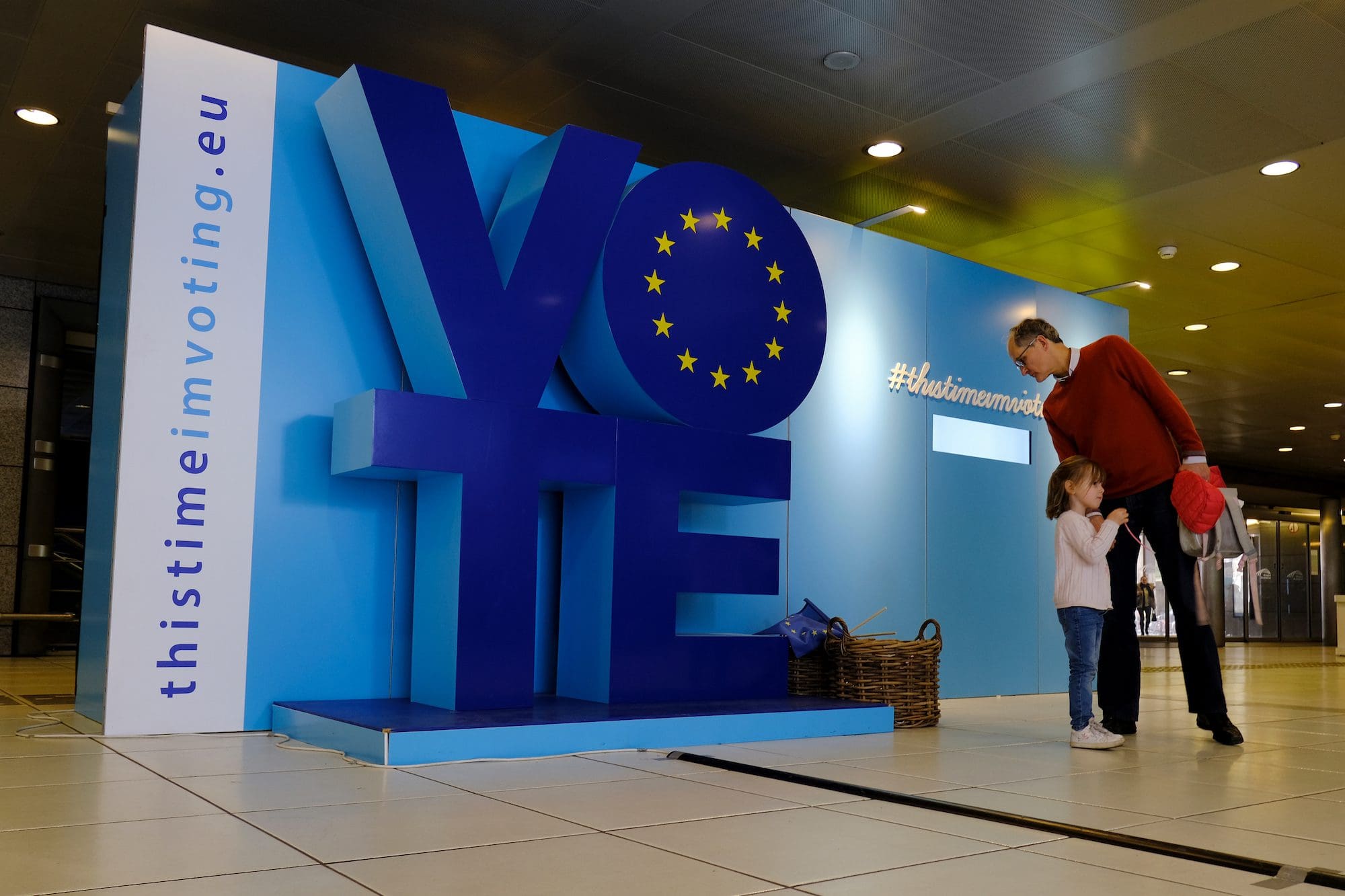Feature photo: European Parliament election campaign | © Shutterstock
Most of the well-known political parties and electoral groups in Germany are committed to the unification of Europe in their statutes and basic programs. At least one of these parties is rediscovering Europe, and another is rediscovering Europe.
The fastest way to show the affinity to our Europe is their membership in the Network of the European Movement determine. The following political parties and voter groups are members of the network: Bündnis90/Die Grünen, Christian Democratic Union of Germany (CDU), Christian Social Union in Bavaria (CSU), Free Democratic Party (FDP), FREE WÄHLER - Federal Association and Social Democratic Party of Germany (SPD ), whereby these parties also prove that they, in line with 'European customs', consider cooperation across party lines to be correct and, of course, also practice it.
Based on this fundamental recognition of a common Europe and its customs, it is now only a question of 'how' and perhaps also of 'how far'. This means that Europeans can throw themselves into the relevant discussions with the above parties and electoral groups without reservations and try to get their own opinions and convictions capable of winning a majority.
To this day, unfortunately, none of these parties have succeeded in giving themselves a European structure; thus they remain prisoners of the respective national state. Andrew Duff sees this as follows:
"But although European confederations of national political parties were formed across the conventional political spectrum, these loose alliances were no real political parties and did not evolve ineluctably, as the federalists hoped, into being so."
Andrew Duff (2018: 103)
This is all the more important since parties in democracies, especially those organized on a federal basis, are responsible for balancing the interests of the different regions or groups and thus make democracy possible in the first place.
We have recently been able to follow the serious consequences this can have on a small scale, since in Germany a people's party does not succeed in ensuring this balance and a single federal state repeatedly causes difficulties for the entire republic; Worse still, at the moment it looks as if all of our mainstream parties are having great difficulty in finding a unified political line across countries.
Within the framework of the EU, this deficiency has an even more serious effect, since no party is able or even willing to ensure a balance of interests across national borders.
Andrew Duff further notes in this regard:
"... although common manifestos were religiously produced by the European-level parties before every election, they were ignored without exception by national politicians during the actual electoral campaign and more or less forgotten by the parliamentary groups in the Parliament thereafter."
Andrew Duff (2018: 104)
I also think that a 'Europeanisation' of our parties would be a win-win situation for both Europe and its citizens and for the parties themselves. This would not only revitalize the parties themselves, but would also motivate their own members and the entire civil society through their reinvention and get them enthusiastic about our common European peace project.
A further advantage would be that parties and groups of voters who close themselves off to this development because of their nationalistic and often also anti-democratic sentiments would finally marginalize themselves and at best see themselves as regional particularities will claim.
"In order to achieve a united Europe, the Federal Republic of Germany is involved in the development of the European Union, which is committed to democratic, constitutional, social and federal principles and the principle of subsidiarity and guarantees fundamental rights protection that is essentially comparable to this Basic Law. To this end, the federal government can transfer sovereign powers by law with the consent of the Bundesrat. Article 79 (2) and (3) shall apply to the founding of the European Union and to changes to its contractual foundations and comparable regulations which change or supplement the content of this Basic Law or make such changes or supplements possible.”
Basic Law, Article 23(1) [European Union]
Falls Sie jetzt ein wenig neugieriger geworden sind, dann empfehle ich Ihnen die Lektüre meines Buches Europa ist für alle da!
You can also get more details about the book here .







